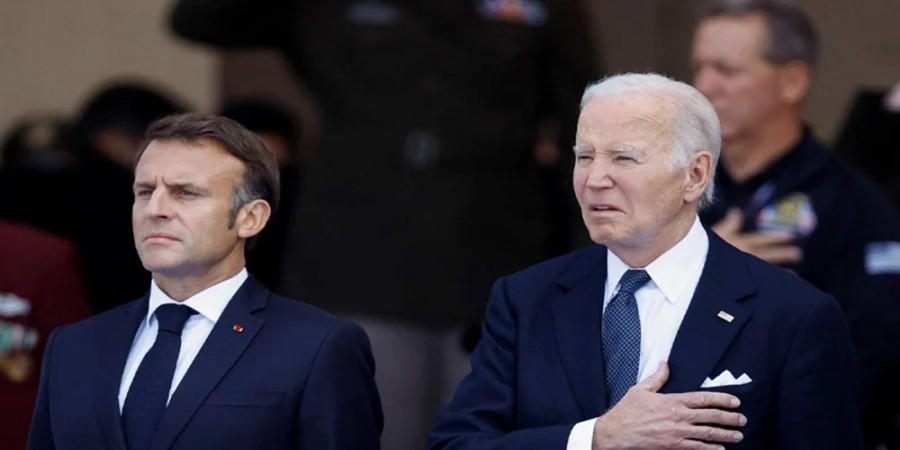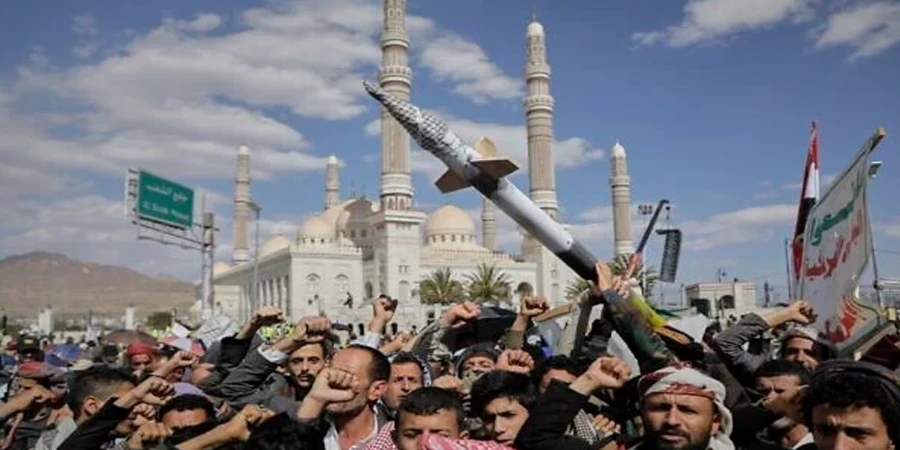
ছবি: Photo: Collected
U.S. President Joe Biden and French President Emmanuel Macron are expected to announce a ceasefire between Israel and Hezbollah within the next 36 hours, according to reports from multiple senior Lebanese sources cited by Al Jazeera. The ceasefire, proposed to last 60 days, aims to de-escalate ongoing hostilities and lay the groundwork for long-term stability in the region.
Key Elements of the Ceasefire Proposal
According to the British media outlet BBC, the proposed agreement involves the withdrawal of Israeli forces from southern Lebanon and the elimination of Hezbollah’s military presence in the area. In return, the Lebanese army would assume control of the vacated territories, ensuring stability and reducing tensions along the border.
A Western diplomat, speaking anonymously, confirmed that the deal includes bolstering the Lebanese army's presence in previously contested areas. John Kirby, the White House National Security spokesperson, expressed optimism, stating that the negotiations are “on the right track” and a deal is “close.”
Opposition and Ongoing Violence
However, the proposed ceasefire has faced opposition from within Israel’s government. Itamar Ben Gvir, Israel's far-right National Security Minister, labeled the deal a “grave mistake” on social media. He argued that this is a “historic opportunity” to militarily weaken and destroy Hezbollah.
Despite ongoing negotiations, violence has escalated. On Sunday alone, Hezbollah fired approximately 250 projectiles into Israel, most of which were intercepted, according to Israeli officials. In retaliation, the Israeli Air Force launched extensive strikes on suspected Hezbollah positions in Beirut and other locations in Lebanon.
Progress Towards Agreement
Lebanese Deputy Speaker Elias Bou Saab stated that major obstacles to the ceasefire’s implementation have been resolved in recent hours. One of the critical issues, the oversight of the ceasefire, has been addressed with a plan to form a supervisory committee. This committee, to be led by the United States and include France and three other nations, will ensure compliance by both sides.
Sources from Reuters and other outlets revealed that Israeli Prime Minister Benjamin Netanyahu gave his "principled" approval for the ceasefire during a security briefing on Sunday. While there were initial Israeli reservations, these concerns have reportedly been communicated to the Lebanese government and resolved.
Broader Implications of the Ceasefire
If implemented, the ceasefire could mark a significant de-escalation in the conflict, which has seen heightened violence and severe humanitarian impacts on both sides. It reflects ongoing international efforts to mediate and stabilize one of the region’s most volatile flashpoints.
As the clock ticks towards the expected announcement, all eyes are on the final negotiations to see whether this agreement will hold and pave the way for sustained peace.
repoter






